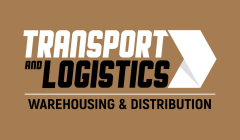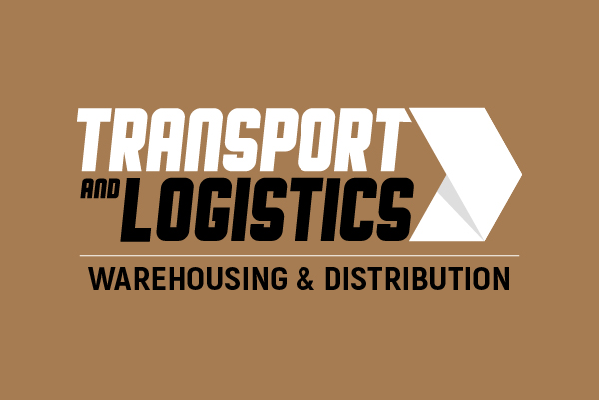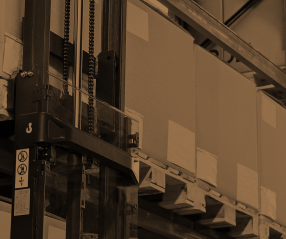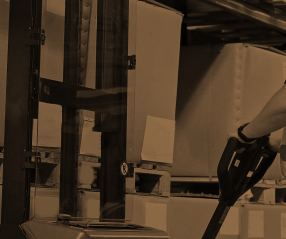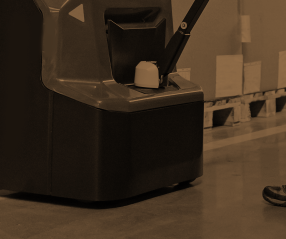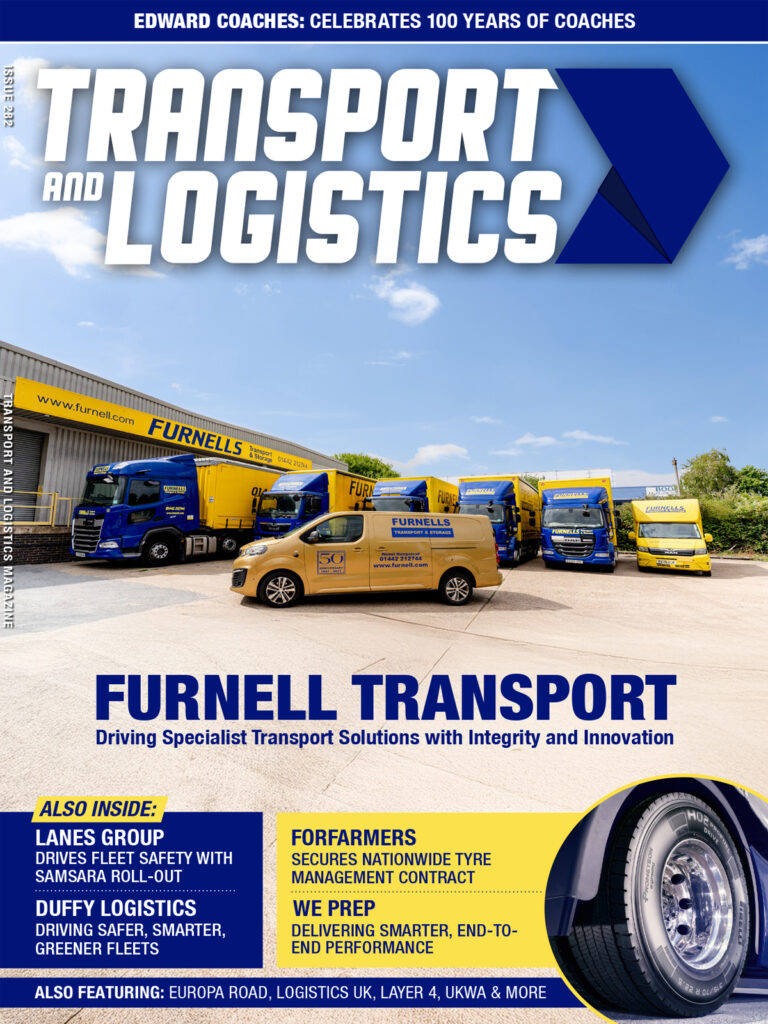Around 120 senior personnel from United Kingdom Warehousing Association (UKWA) member companies, key suppliers to the logistics industry and supply chain directors from some of the leading UK retailers gathered to the House of Lords terrace before UKWA’s recent Annual Parliamentary Lunch.
The event brought warehousing and logistics industry professionals together with a number of influential Government advisers, so, it was perhaps no surprise that the dominant theme of the day was Brexit.
One of the first to speak was Karen Wheeler CBE, Director General for Border Co-ordination at HMRC and Head of the Cross Government Border Delivery Group.
Ms Wheeler represents over 30 government departments – from Border Force to Trading Standards – and has the unenviable task of pulling together all of those departments to ensure that goods continue to flow smoothly in and out of the UK after Brexit. She thanked UKWA for its help in suggesting practical, sensible, workable solutions to a variety of challenges.
The next speaker was Lesley Bachelor OBE, Director General of the Institute of Export & International Trade. Ms Batchelor outlined the various Brexit deal options that are currently being considered – including the Norwegian and Canadian models and, of course, the no deal possibility.
Guests also heard from Fiona Jenkins, Senior Policy Advisor to the National Infrastructure Commission (NIC). “From the outset, UKWA and its members have been extremely supportive of the NIC’s work on the future of freight. UKWA has worked with the NIC to provide relevant resource, knowledge and market experience and has also been able to offer expert input from its UKWA Advisory Boards, which bring together industry leaders and specialists to share knowledge, best practice and develop thought leadership on a range of issues.”
But Ms Jenkins cautioned that, in her view, not enough decision makers are thinking holistically about supply chains and, as a result, are failing to take an integrated systematic approach to regulations concerning the movement of freight.
The final speaker was Debbie Shandley of The Real Apprentice Company, who brought guests’ attention back to Brexit when she stated her view that Britain’s exit from the EU offers a new opportunity to look at technology and decide what skills are needed for future.
“AI, robotics and smart systems will enhance higher value jobs as more mundane tasks are removed from the labour pool by technology,” she said.
